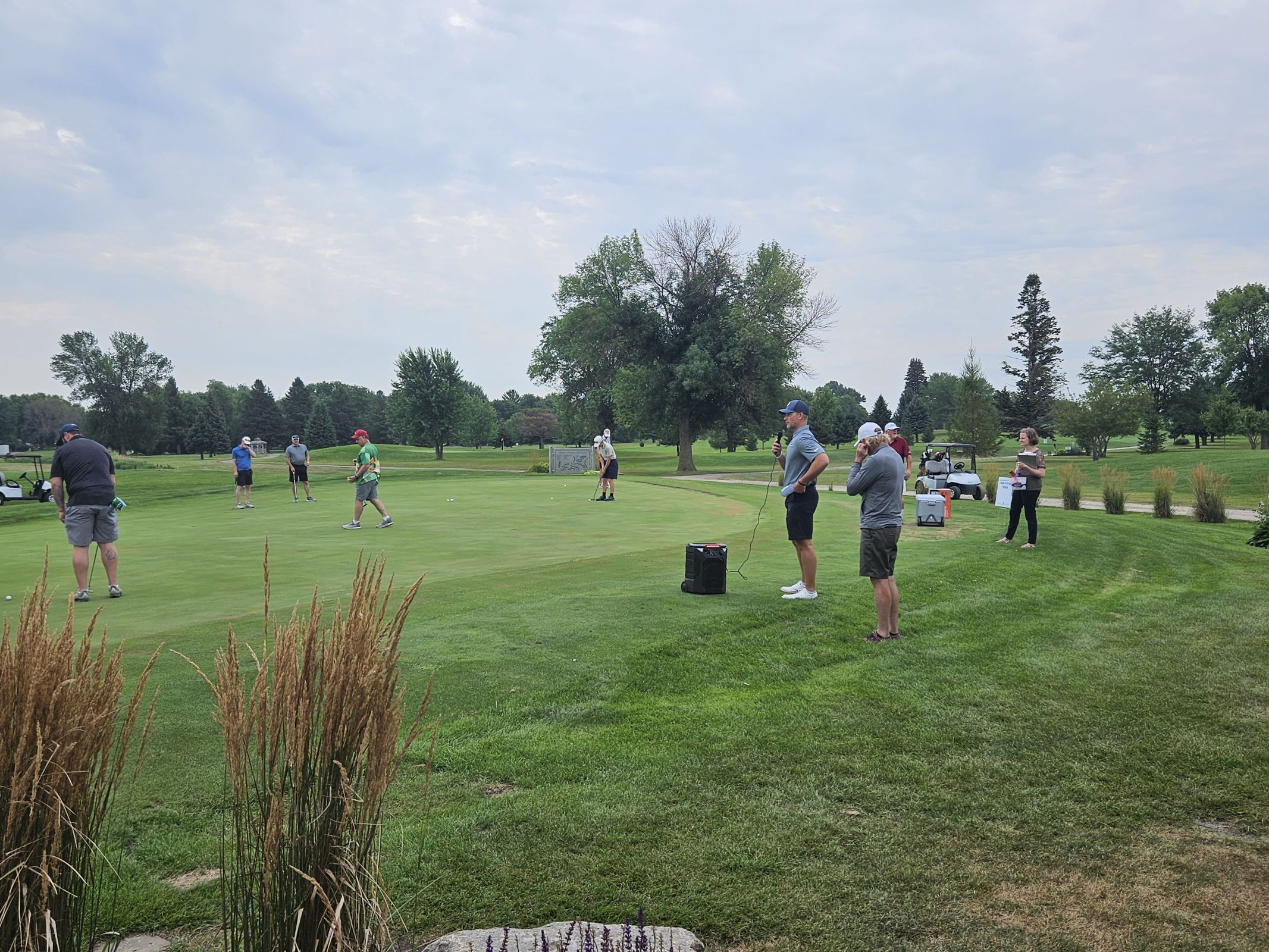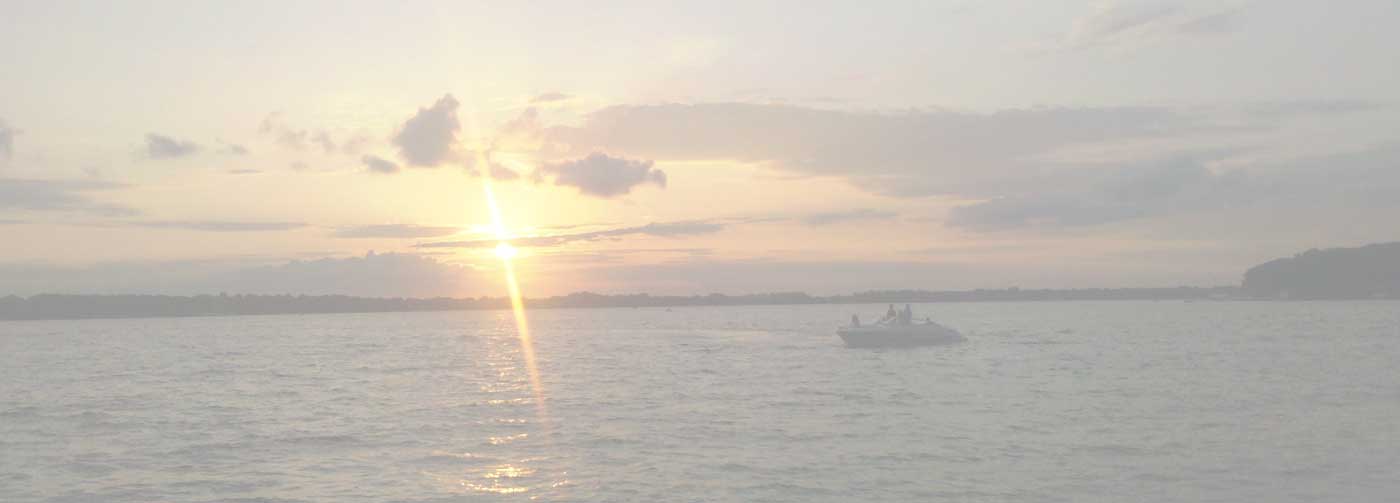From Lakes to Festivals: How Tourism Fuels Growth in the Iowa Lakes Corridor

16 Aug 2024
News
The Iowa Lakes Corridor, a region distinguished by the renowned Iowa Great Lakes, strategically utilizes its unique attractions to drive economic growth through tourism. With its robust tourism sector featuring Okoboji, Estherville's Sweet Corn Days, the Clay County Fair in Spencer, and King's Pointe Waterpark Resort in Storm Lake, the region is well-positioned to further its economic development. The recognition of tourism's pivotal role in economic growth is a key factor in crafting a robust and resilient strategy that benefits the region.
Tourism's Ripple Effect
Nationally, tourism contributes approximately $1.9 trillion to the economy, supporting 9.5 million jobs and accounting for 2.9% of the GDP. For the Iowa Lakes Corridor, the active tourism industry has led to substantial economic gains. The benefits extend far beyond the direct spending by visitors; the increased revenue from tourism triggers a ripple effect, boosting the local economy and fostering business growth across various sectors.
Visitors to Okoboji, for instance, don't just spend money on accommodations and lake activities—they also dine at local restaurants, shop at nearby stores, and explore other regional attractions. Similarly, events like Sweet Corn Days or the Clay County Fair draw crowds that spill over into neighboring communities, amplifying their economic impact.
This influx of cash flows through the community, benefiting the businesses directly serving tourists and those in the broader economy, such as local suppliers, farmers, and service providers. This cycle of spending and re-spending multiplies the initial economic input, amplifying its impact on the region's overall economic health.
Building a Tourism Ecosystem
The interconnectedness of the Corridor's attractions creates a tourism ecosystem where visitors are encouraged to explore multiple destinations, each adding to their overall experience. For example, a family visiting King's Pointe Waterpark Resort in Storm Lake might extend their stay to enjoy Okoboji's lakeside activities or attend a local festival in Spencer. This movement of tourists throughout the region supports a diverse range of businesses and encourages a more extended stay, increasing the overall economic contribution of each visitor.
By promoting the Corridor as a cohesive tourism destination, the region can attract more eager visitors to experience its various offerings. This approach increases tourism revenue and helps distribute economic benefits more evenly across the region, fostering a more balanced and resilient economy.
Fostering Business Confidence and Expansion
As tourism flourishes, local businesses experience a surge in customers, leading to higher revenues and greater business confidence. This environment encourages entrepreneurs to expand their operations, invest in new ventures, and improve their offerings. The steady influx of tourists reassures business owners of sustained consumer spending, fostering a vibrant economic climate.
For example, a successful tourist season might inspire a restaurant owner to expand seating, a shop owner to stock more diverse and higher-quality merchandise, or a local attraction to introduce new exhibits or events. This growth mindset among business owners can attract further investments, leading to a more dynamic and prosperous regional economy. The business confidence buoyed by a thriving tourism sector creates fertile ground for innovation, diversification, and long-term economic resilience.
Iowa Lakes Corridor Prioritizes Tourism and Its Economic Benefits
With its substantial direct and indirect benefits, tourism can catalyze job creation, business growth, and community enhancement. The Iowa Lakes Corridor is leading the way in fostering a dynamic and resilient economy by recognizing and harnessing the ripple effects of tourism spending. As local businesses thrive and confidence in the economic future grows, the region can support sustained prosperity and an improved quality of life for its residents. Embracing tourism as a central component of economic development is a strategic move towards a more vibrant and sustainable regional economy, like the Corridor.
More Topics







